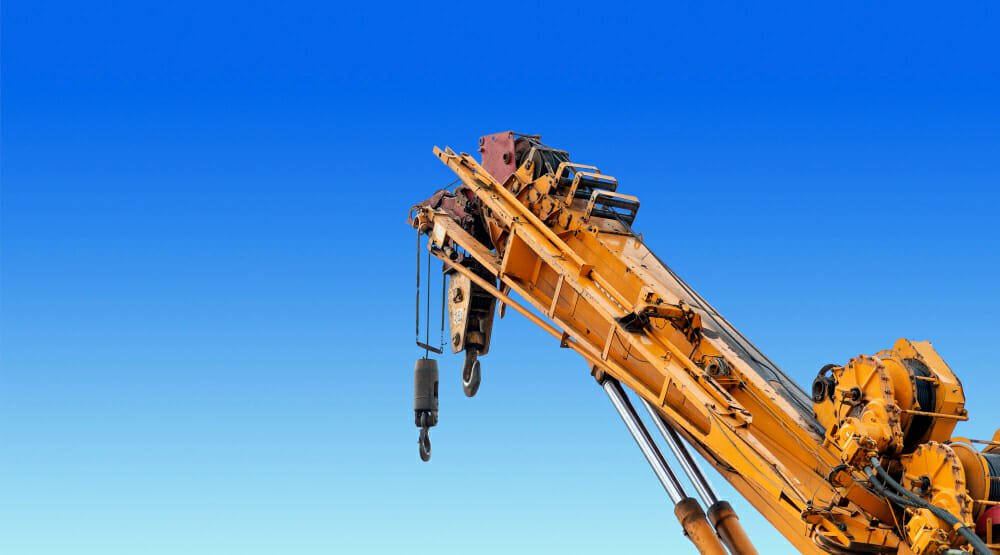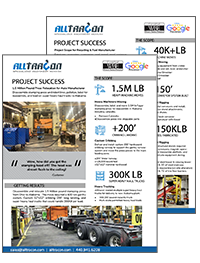In the fast-paced world of business, commercial equipment plays a crucial role in maintaining operational efficiency and meeting customer demands. However, over time, these vital assets can wear down, leading to decreased performance, increased downtime, and higher maintenance costs. This is where commercial equipment rebuilds come into play, offering a cost-effective solution to rejuvenate and extend the life of your machinery. In this comprehensive guide, we’ll explore the myriad benefits of commercial equipment rebuilds and why they are a smart investment for businesses looking to maximize their operational efficiency and profitability.
Improved Performance:
Commercial equipment rebuilds involve thorough inspection, repair, and replacement of worn-out components, resulting in enhanced performance and productivity. By restoring equipment to optimal condition, businesses can experience smoother operations, reduced downtime, and increased output, ultimately leading to greater profitability.
Cost Savings:
One of the most significant benefits of commercial equipment rebuilds is the potential for cost savings. Instead of investing in brand-new machinery, which can be prohibitively expensive, rebuilding existing equipment offers a more affordable alternative. By refurbishing key components and systems, businesses can avoid the high upfront costs associated with purchasing new equipment while still achieving comparable performance and reliability.
Extended Equipment Life:
Commercial equipment rebuilds can significantly extend the operational lifespan of machinery, allowing businesses to maximize their return on investment. By addressing wear and tear through comprehensive rebuilds, companies can prolong the usable life of their equipment, delaying the need for costly replacements and reducing overall capital expenditures.
Enhanced Reliability:
Reliability is essential for businesses that rely on commercial equipment to maintain their operations. Equipment breakdowns and failures can disrupt production schedules, delay project timelines, and damage customer relationships. Through rebuilds, businesses can improve the reliability of their equipment, reducing the likelihood of unexpected failures and minimizing disruptions to workflow.
Customization and Upgrades:
During the rebuild process, businesses have the opportunity to customize their equipment to better meet their specific needs and requirements. Whether it’s upgrading outdated technology, incorporating new features, or optimizing performance for particular applications, rebuilds allow businesses to tailor their equipment to enhance functionality and efficiency.
Environmental Sustainability:
In today’s environmentally conscious business landscape, sustainability is a key consideration for many organizations. Commercial equipment rebuilds offer a sustainable alternative to disposal, reducing the environmental impact associated with manufacturing new machinery. By refurbishing existing equipment, businesses can minimize waste generation, conserve natural resources, and lower their carbon footprint.
Compliance with Regulations:
Regulatory compliance is a critical concern for businesses operating in various industries, particularly those with stringent safety and quality standards. Commercial equipment rebuilds can help companies ensure compliance with regulatory requirements by updating equipment to meet current standards and regulations. This not only helps businesses avoid costly fines and penalties but also demonstrates a commitment to safety and quality assurance.
Access to Expertise:
Partnering with experienced rebuild specialists provides businesses with access to valuable expertise and technical knowledge. These professionals possess the skills and resources necessary to identify issues, recommend solutions, and execute rebuilds efficiently and effectively. By leveraging their expertise, businesses can ensure that their equipment is restored to peak performance with minimal disruption to operations.
Conclusion:
Commercial equipment rebuilds offer a multitude of benefits for businesses seeking to optimize their operations, reduce costs, and improve productivity. From enhanced performance and extended equipment life to cost savings and environmental sustainability, the advantages of rebuilds are clear. By investing in rebuilds, businesses can maximize the value of their existing equipment, maintain a competitive edge in the market, and achieve long-term success in their respective industries.







